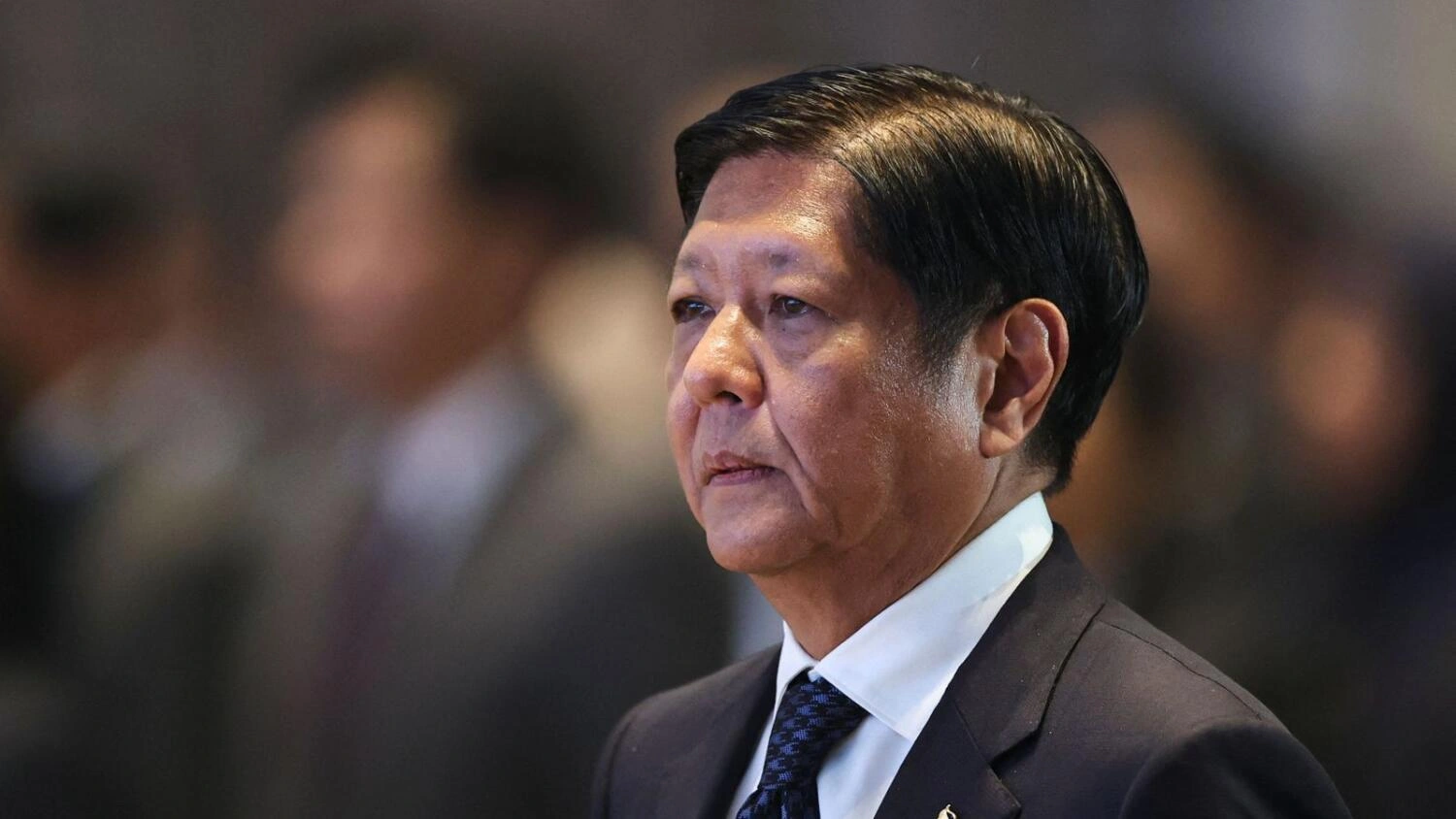Criminal gangs running online scam operations in the Philippines are now adopting smaller, low-profile setups to avoid a widespread government crackdown, officials revealed on Tuesday.
President Ferdinand Marcos announced in July that the Philippines would completely ban Philippine Offshore Gaming Operators (POGOs) by the end of 2024. Authorities claim these platforms were a cover for organized crimes such as human trafficking, money laundering, online fraud, kidnappings, and even murders.
Change in Scam Operations
Justice Undersecretary Felix Nicholas Ty stated that despite ongoing government raids, these scammers are still trafficking foreign and local workers to push fake investment schemes to global clients. However, their methods have shifted.
Instead of operating from large city compounds or office complexes, they’ve moved to smaller, less noticeable locations in rural areas.
“Their current method involves guerrilla-style, small-scale operations in resorts or even residential homes,” Ty explained at a security forum. He added that they have also downgraded to basic hardware to avoid detection.
Senator Sherwin Gatchalian, who also spoke at the forum, confirmed this shift. He pointed to a recent raid on a scam operation disguised as a business process outsourcing company that was found running “scamming software.”
Ongoing Challenges for Law Enforcement
While some of these operations are losing resources, Ty acknowledged that shutting down all scam operators is a tough challenge. “Their resources are declining, but they remain deeply entrenched. It’s unrealistic to expect we can catch them all,” he admitted, citing limited government manpower.
Southeast Asia as a Scamming Hub
The United Nations Office on Drugs and Crime has identified Southeast Asia, including the Philippines, as a global hub for online scams. A report by the Washington-based United States Institute of Peace estimated that scammers earn $64 billion annually and target millions of victims worldwide.
Jason Tower, co-author of the study, revealed at the forum that these operations originated in mainland China and transitioned from online gambling to more lucrative scams. The industry employs about 500,000 workers globally, including 15,000 in the Philippines. Most workers are recruited through social media and forced into the scams, facing severe punishments, including torture, if they fail to meet quotas.
The largest concentration of scam workers, 120,000 was reported in Myanmar.
Why the Scams Continue
Despite shrinking profits and increased risks, Ty said the scam operators are determined to recover their significant investments in the Philippines. “They persist in operating, even if it’s on a smaller scale,” he noted.





